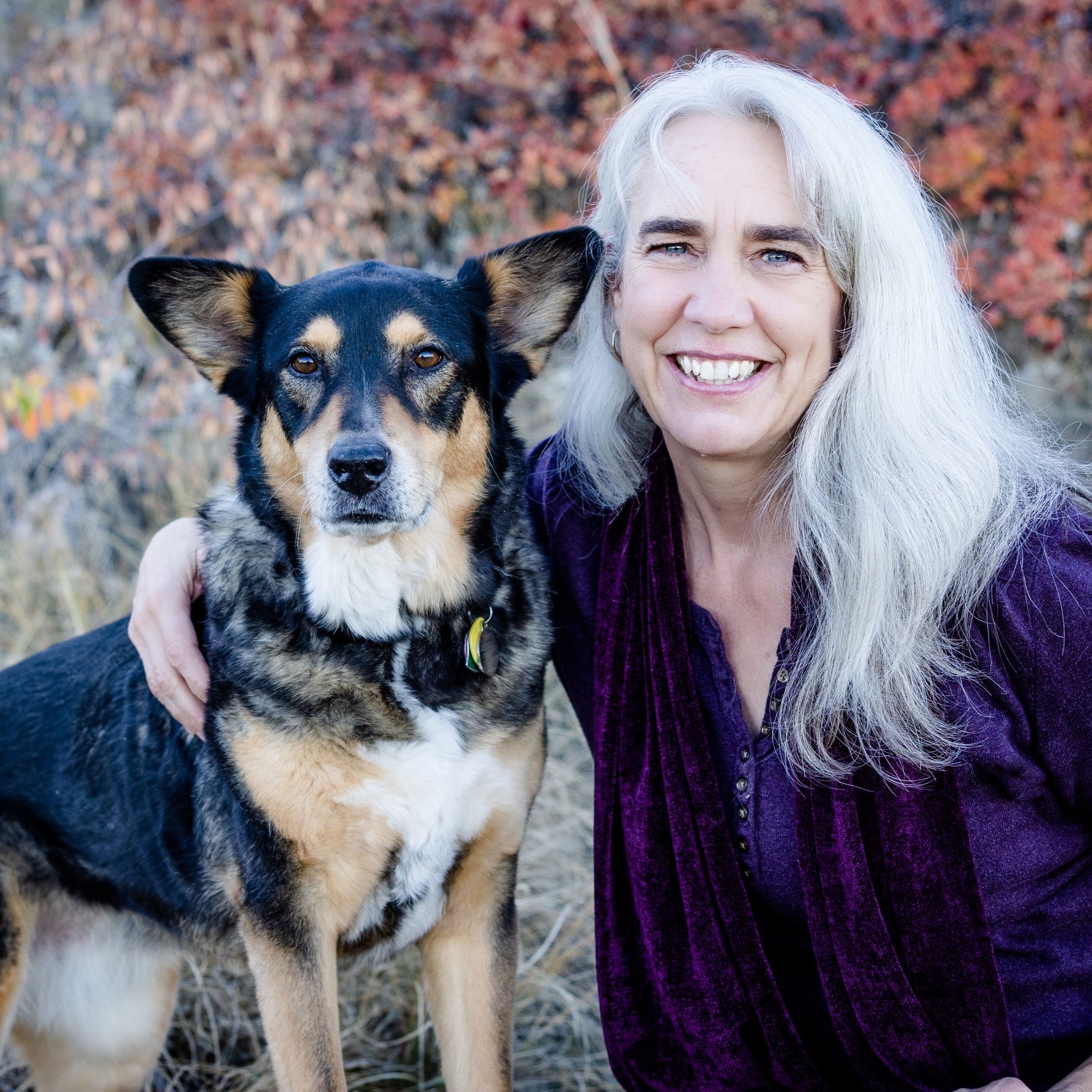Was I raped?
/So many of the women and men that I talk to struggle with the question of what really counts as rape. It’s a tricky question to answer. Legally, the definition of rape has varied with time and location. And some parts of the definition can sound pretty subjective.
Here are some official definitions for rape, also often called sexual assault, that are in current use:
- The United Nations defines rape as "sexual intercourse without valid consent."
- The World Health Organization defined rape in 2002 as "physically forced or otherwise coerced penetration – even if slight – of the vulva or anus, using a penis, other body parts or an object."
- Just recently the FBI changed their definition from the wildly inadequate, "The carnal knowledge of a female forcibly and against her will," to "The penetration, no matter how slight, of the vagina or anus with any body part or object, or oral penetration by a sex organ of another person, without the consent of the victim."
- Many jurisdictions define rape as sexual intercourse, or other forms of sexual penetration, of one person by another person without the consent of the victim.
What I think is tricky about these definitions is that they tend to be heavy on detail about the specific act, but light on detail about what does and does not constitute consent.
Photo by Richard Potts as cascade_of_rant.
For my purpose, which is helping victims of sexual aggression resolve their trauma, I like to use a definition that is more the opposite: You’ve been raped if you feel like you’ve been raped. That is, it was rape if it was a sexual experience that, at the time, you didn’t want to be having, and hadn't freely agreed to be having.
Yes, I know this is completely unworkable as a legal definition. And I know that the naysayers will have a lot of what if scenarios. So, let me get that out of the way: “What if the alleged victim honestly did something that convinced the alleged perp that she wanted the sexual experience when she didn't?” Well, OK, granted, none of us can be mind readers. But please grant me that there should be some real effort made on the part of the person who initiates the sexual contact to make sure that their partner is fully willing. OK?
I can tell you that I’ve spoken to plenty of people who may have “consented” in one way or another, for one reason or another, and nevertheless found the experience to be traumatic. They feel like they’ve been raped, even if the official definitions don’t acknowledge that they were. If that is you, then know that there is at least one person in the world who is willing to acknowledge that you’ve been raped.
What definition for rape, or sexual assault, do you think makes sense?
--------
Peg Shippert is a psychotherapist in private practice in Boulder, Colorado. She has a deep passion for working with survivors of sexual violence.







